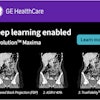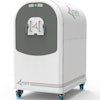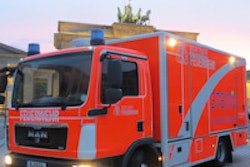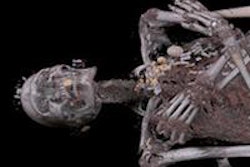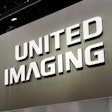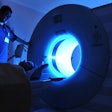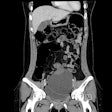Dear AuntMinnieEurope Member,
A novel pilot project in Germany in which an ambulance was outfitted with a mobile CT scanner for early stroke treatment is getting wider attention this week following publication of a study on the project in the Journal of the American Medical Association.
Researchers from Charité-Universitätsmedizin Berlin found that the superambulance helped them start treatment earlier for stroke victims without producing more adverse events, according to a new article in our CT Digital Imaging Community. Learn about more benefits from the project by clicking here.
In other news in the community, a study presented at the recent ECR 2014 found that radiation dose could be reduced in CT colonography (CTC) exams through the use of a CT scanner with integrated circuit detector technology.
The president of the British Society of Cardiovascular Imaging has penned an editorial in the British Journal of Radiology calling for more transparency in the reporting of radiation dose from coronary CT angiography (CCTA) exams. This article and more are available in the Cardiac Imaging Digital Community.
Meanwhile, Danish researchers are advising users of PET/MRI scanners they need to take into account attenuation from bones when using the MRI component of the scanners to perform attenuation correction.
Could the onset of apathy in older adults be a sign of looming dementia? It's possible, according to researchers from Iceland, the Netherlands, and the U.S., who used MRI to correlate brain changes with test scores from a widely used depression scale. Click here for more, or visit our MRI Digital Community at mri.auntminnieeurope.com.



